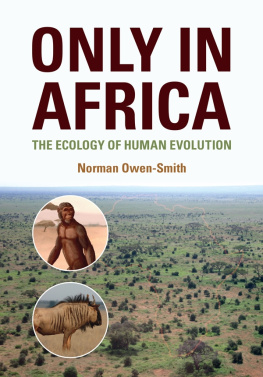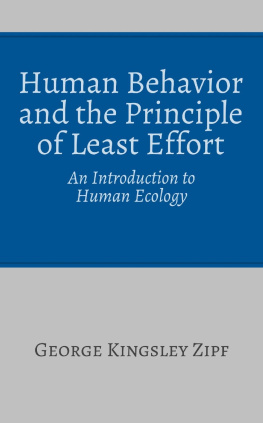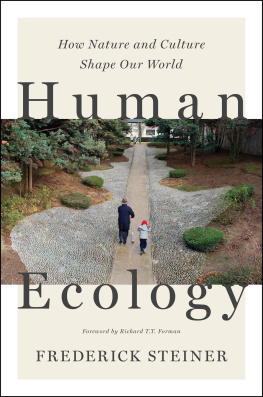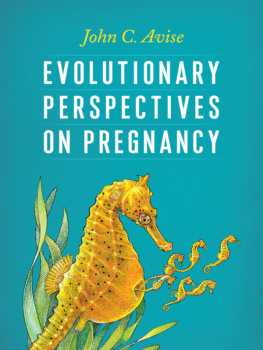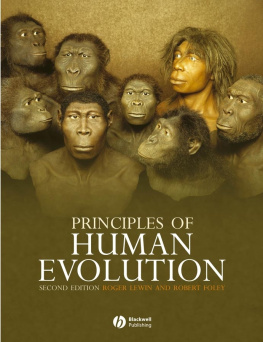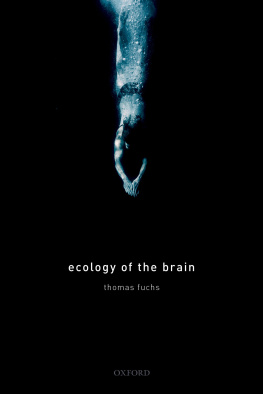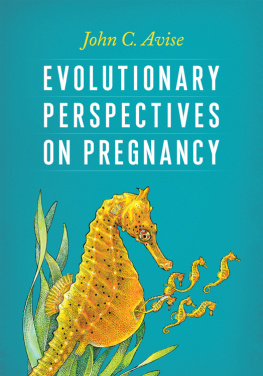First published 1992 by Transaction Publishers
Published 2017 by Routledge
Park Square, Milton Park, Abingdon, Oxon OX14 4RN
711 Third Avenue, New York, NY 10017, USA
Routledge is an imprint of the Taylor & Francis Group, an informa business
Copyright 1992 by Taylor & Francis.
All rights reserved. No part of this book may be reprinted or reproduced or utilised in any form or by any electronic, mechanical, or other means, now known or hereafter invented, including photocopying and recording, or in any information storage or retrieval system, without permission in writing from the publishers.
Notice:
Product or corporate names may be trademarks or registered trademarks, and are used only for identification and explanation without intent to infringe.
Library of Congress Catalog Number: 92-696
Library of Congress Cataloging-in-Publication Data
Evolutionary ecology and human behavior / Eric Alden Smith,
Bruce Winterhalder, editors.
p. cm.(Foundations of human behavior)
Includes bibliographical references and index.
ISBN 0-202-01183-6 (cloth : alk. paper)ISBN 0-202-01184-4 (paper : alk. paper)
Human evolutionPhilosophy. 2. Human ecology. 3. Social evolution. 4. Behavior evolution. 5. Sociobiology. I. Smith, Eric Alden. II. Winterhalder, Bruce. III. Series.
GN365.9.E97 1992
304.2dc20
92-696
CIP
ISBN 13: 978-0-202-01184-4 (pbk)
ISBN 13: 978-0-202-01183-7 (hbk)
SCOPE AND PURPOSE
Since 1859 evolutionary biologists have used the Darwinian concept of natural selection to explain the origin, diversification, and adaptive design of living things. For perhaps an equally long time, various social and natural scientists have examined human and animal societies in their ecological context. But only in the last 30 years has a systematic framework emerged for analyzing animal behavior within a simultaneously evolutionary (selectionist) and ecological perspective. Analysis of human behavior from this perspective has an even shorter duration. Despite its relative youth, theory from what is now called evolutionary behavioral ecology has begun to make a distinct and productive contribution to the biological and social sciences. The primary goal of this volume is to document these contributions to the study of human social behavior.
The chapters herein summarize current theory and empirical research in human evolutionary ecology. They focus on topics lying at the intersection of evolutionary biology, behavioral ecology and human social behavior. Our goal is to describe the current state of the art in this complex, relatively new and sometimes controversial area straddling the boundary between the biological and social sciences.
Certainly the century after Darwin saw a variety of evolutionary approaches applied to humans, with a mixed record of success, failure, and sometimes notoriety (reviews in Hofstadter 1944; Gould 1981; Kitcher 1985; Ruse 1986). Although they shouldered the Darwinian mantle, these schools assumed premises and pursued analyses rather different from those recently developed under the rubric of evolutionary ecology. The studies summarized in this volume fully embrace Darwin's central tenet that differential reproduction is the primary force shaping biological adaptation and diversity. But in addition they focus on the ecological context of adaptation, and they employ a model-based methodology capable of unleashing the power of Darwinism to analyze complex, flexible phenotypes. As a result, they take up topics of central concern to the social sciences with fresh perspectives and methods.
For sake of coherence and because of space limitations, we have limited ourselves to research that is fundamentally ecological in nature. By this, we mean research that makes environmental variation an essential element in the explanation of behavioral variation. The volume does not pretend to cover the full range of studies of human behavior that are guided by evolutionary biology. For example, the field known as evolutionary psychology is not represented, nor do we encompass all topics commonly included under the label sociobiology.
We have endeavored to present human evolutionary ecology in a form accessible to advanced undergraduates, graduate students and professionals in the social and biological sciences. Those familiar with the field should profit from the comprehensive treatment of concepts, methods and subjects. However, the volume is not intended exclusively for those already proficient in this area, nor is it only for those already committed to a neo-Darwinian explanatory framework. To the contrary, we hope that it will make the subject interesting and accessible to scientists without prior experience with such research. To further this aim, the authors of each chapter have drawn on convergent or complementary aspects of conventional social science. Because evolutionary ecology avoids the nature/culture polarization that has often characterized discussions of evolution and human behavior, we expect the volume to appeal to a broad audience interested in the causes of variation in human social behavior.
The approaches and topics that constitute human evolutionary ecology began to coalesce abut 15 years ago. They have now reached the point that a preliminary synthesis is opportune. The questions addressed in this field have concerned anthropologists, archaeologists and other social scientists for many years. They include such topics as the logic of different systems of production, the relation between subsistence and social relations, the causes of variation in gender roles, the problem of collective action in nonstate societies, the forces generating equality and inequality, and the relationship between culture and natural selection. We are confident that evolutionary ecology offers a new and cohesive perspective on these and other topics.
ORGANIZATION AND PROSPECT
The present work is like the typical edited volume only to the extent that it is a collection of chapters written by different authors. Unlike many anthologies it is not an afterthought to a conference symposium or workshop, nor a collection of papers connected by topic but uncoordinated in coverage or approach. When the editors first conceived the project in June of 1987, we drafted the broad outlines of the volume. We then drew up a list of chapter topics and approached the authors we felt would be best qualified to write them. We required each author (ourselves included) to agree to a lengthy protocol of outlines, abstracts, and manuscript revisions, with review at every stage. This procedure was adopted in an attempt to produce a unified, coherent, and comprehensive survey of human behavioral ecology. We have sought the consistency of an advanced textbook, but also the authority and vividness of original research papers. Our goal has been chapters that present central concepts, key models, and exemplary studies, rather than a complete review of what has been accomplished in each field of study.


